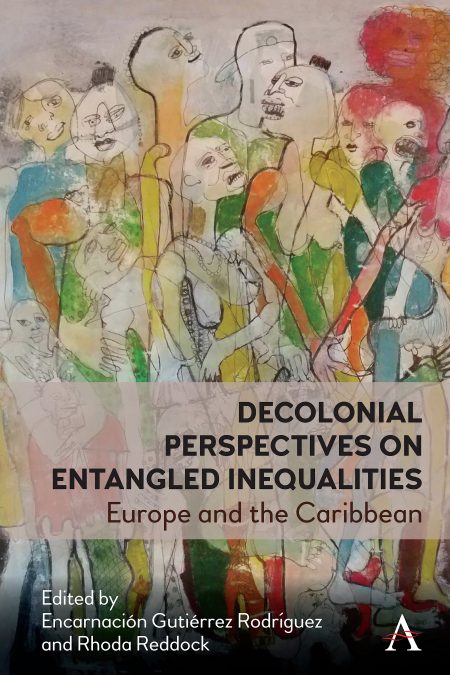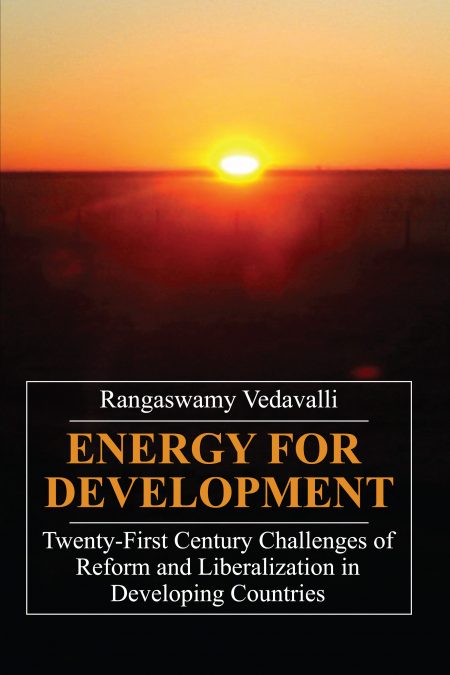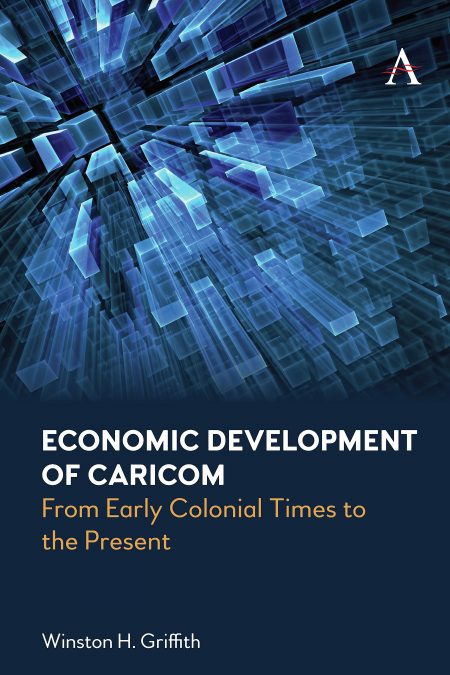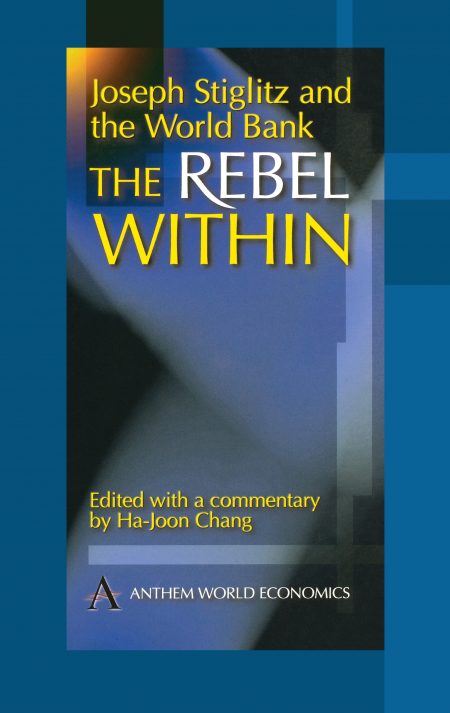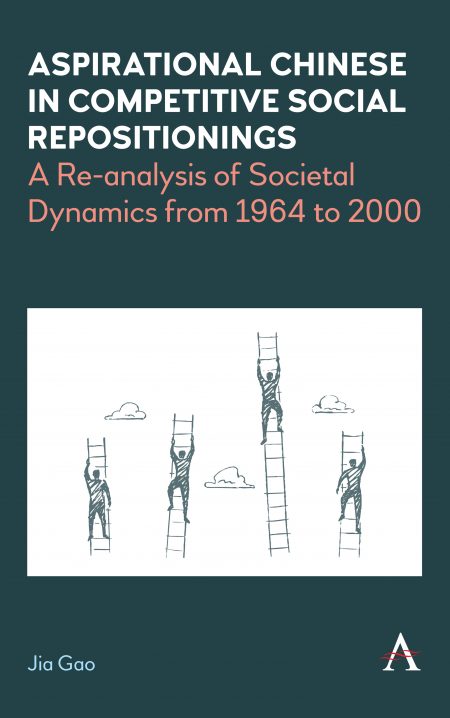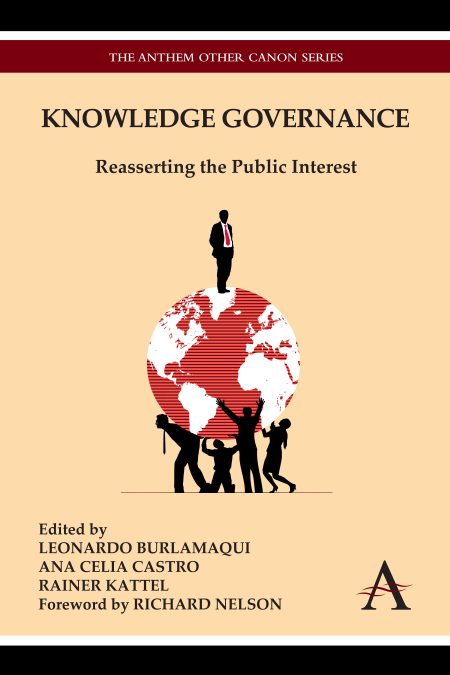Knowledge Governance
Reasserting the Public Interest
Edited by Leonardo Burlamaqui, Anna Célia Castro, Rainer Kattel
foreword by Richard Nelson
Select Format
Title Details
- ISBN: 9780857285355
- October 2012
- Pages: 300
- Imprint: Anthem Press
This book argues that the current international intellectual property rights regime, led by the World Trade Organization (WTO), has evolved over the past three decades toward overemphasizing private interests and seriously hampering public interests in access to knowledge and innovation diffusion. While it is obvious that firm-level dynamics are changing – toward networks and peer production in technologically leading companies in the developed countries, and toward increasing integration into global and regional production and innovation networks in developing countries – academic discussions as well as policy disputes in the WTO and other international forums take place within a rather rigid and narrow perspective. This approach concentrates on tangible and codified knowledge creation and diffusion in research and development (R&D) that can be protected via patents and other intellectual property rules and regulations. In terms of global policy initiatives, however, it is becoming increasingly clear that the WTO in particular is mostly a conflict-resolution facility rather than a global governance body able to generate cooperation and steer international coordinated policy action. At the same time, rent extraction and profits streaming from legal hyperprotection have become pervasively important for firm strategies to compete in a globalized marketplace.
Taking into account these structural changes, the new frontiers that have to be faced by industrial, technological, innovation and competition policies, as well as increasingly complex coordination problems rising among them, a major cluster of policy and institutional design challenges emerges. To address them, a new conceptual framework is necessary. This volume proposes “knowledge governance” as the adequate framework to meet this challenge. Knowledge governance is an analytical framework that embraces different forms of public governance mechanisms such as supervision, rulemaking, regulation, policy prescriptions and institutional coordination and applies them to the realms of knowledge production, diffusion and appropriation.
Leonardo Burlamaqui is Program Officer at the Ford Foundation (New York and Rio de Janeiro) and Associate Professor of Political Economy at the State University of Rio de Janeiro, Brazil.
Ana Célia Castro is Professor at the Institute of Economics, Federal University of Rio de Janeiro, Brazil.
Rainer Kattel is Professor of Innovation Policy and Technology Governance and head of the Department of Public Administration at the Tallinn University of Technology, Estonia.
List of Abbreviations; List of Tables and Figures; Foreword – Richard Nelson; Introduction – Leonardo Burlamaqui, Ana Célia Castro and Rainer Kattel; PART I. KNOWLEDGE GOVERNANCE: BUILDING A FRAMEWORK; 1. Knowledge Governance: An Analytical Approach and its Policy Implications – Leonardo Burlamaqui; 2. From Intellectual Property to Knowledge Governance: A Micro-founded Evolutionary Explanation – Annalisa Primi; 3. Catching Up and Knowledge Governance – Rainer Kattel; PART II. INNOVATION, COMPETITION POLICIES AND INTELLECTUAL PROPERTY: INSTITUTIONAL FRAGMENTATION AND THE CASE FOR BETTER COORDINATION; 4. Where Do Innovations Come From? Transformations in the US Economy, 1970–2006 – Fred Block and Matthew R. Keller; 5. Antitrust and Intellectual Property: Conflicts and Convergences – Mario Luiz Possas and Maria Tereza Leopardi Mello; 6. The Politics of Pharmaceutical Patent Examination in Brazil – Kenneth C. Shadlen; PART III. GOING FORWARD: TOWARDS A KNOWLEDGE GOVERNANCE RESEARCH AGENDA; 7. Varieties of Latin American Patent Offices: Comparative Study of Practices and Procedures – Ana Célia Castro, Ana María Pacón and Mônica Desidério; 8. An Interoperability Principle for Knowledge Creation and Governance: The Role of Emerging Institutions – John Wilbanks and Carolina Rossini; 9. The Search for Alternatives to Patents in the Twenty-First Century – Luigi Palombi
“‘Knowledge Governance’ brings together fresh theoretical insights and new empirical evidence on an important challenge: how to design public policies and institutions to promote knowledge creation and diffusion to promote economic development. This collection of essays will be an important source of ideas for researchers and policymakers alike.” —Bhaven N. Sampat, Columbia University
Related products
-
Decolonial Perspectives on Entangled Inequalities
Europe and The Caribbean
Edited by Encarnación Gutiérrez Rodríguez, Rhoda Reddock
February, 2021
£125.00 / $125.00 -
Energy for Development
Twenty-first Century Challenges of Reform and Liberalization in Developing Countries
Rangaswamy Vedavalli
March, 2007
£120.00 / $120.00 -
Economic Development of Caricom
From Early Colonial Times to the Present
Winston H. Griffith
October, 2021
£125.00 / $125.00 -
Globalization and Challenges to Building Peace
Edited by Ashok Swain, Ramses Amer, Joakim Öjendal
December, 2007
£115.00 / $115.00 -
Joseph Stiglitz and the World Bank
The Rebel Within
Edited by Ha-Joon Chang
July, 2001
£115.00 / $115.00 -
Aspirational Chinese in Competitive Social Repositionings
A Re-Analysis of Societal Dynamics from 1964 to 2000
Jia Gao
August, 2023
£110.00 / $110.00


